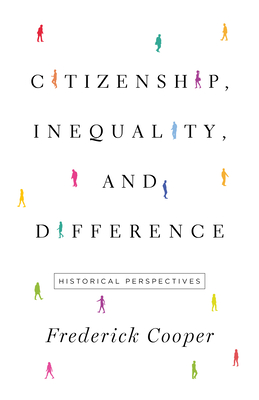Expedite your nonfiction book discovery process with Readara interviews, summaries and recommendations, Broaden your knowledge and gain insights from leading experts and scholars
In-depth, hour-long interviews with notable nonfiction authors, Gain new perspectives and ideas from the writer’s expertise and research, Valuable resource for readers and researchers
Optimize your book discovery process, Four-to eight-page summaries prepared by subject matter experts, Quickly review the book’s central messages and range of content
Books are handpicked covering a wide range of important categories and topics, Selected authors are subject experts, field professionals, or distinguished academics
Our editorial team includes books offering insights, unique views and researched-narratives in categories, Trade shows and book fairs, Book signings and in person author talks,Webinars and online events
Connect with editors and designers,Discover PR & marketing services providers, Source printers and related service providers

Citizenship, Inequality, and Difference: Historical Perspectives
History > World - General
- Princeton University Press
- Hardcover
- 9780691171845
- 8.6 X 5.8 X 1 inches
- 0.9 pounds
- History > World - General
- (Single Author) Asian American
- English
Readara.com
Book Description
A succinct and comprehensive history of the development of citizenship from the Roman Empire to the present day
Citizenship, Inequality, and Difference offers a concise and sweeping overview of citizenship's complex evolution, from ancient Rome to the present. Political leaders and thinkers still debate, as they did in Republican Rome, whether the presumed equivalence of citizens is compatible with cultural diversity and economic inequality. Frederick Cooper presents citizenship as claim-making--the assertion of rights in a political entity. What those rights should be and to whom they should apply have long been subjects for discussion and political mobilization, while the kind of political entity in which claims and counterclaims have been made has varied over time and space.
Citizenship ideas were first shaped in the context of empires. The relationship of citizenship to nation and empire was hotly debated after the revolutions in France and the Americas, and claims to imperial citizenship continued to be made in the mid-twentieth century. Cooper examines struggles over citizenship in the Spanish, French, British, Ottoman, Russian, Soviet, and American empires, and he explains the reconfiguration of citizenship questions after the collapse of empires in Africa and India. He explores the tension today between individualistic and social conceptions of citizenship, as well as between citizenship as an exclusionary notion and flexible and multinational conceptions of citizenship.
Citizenship, Inequality, and Difference is a historically based reflection on some of the most fundamental issues facing human societies in the past and present.
Author Bio
Frederick Cooper. Professor Emeritus of History New York University College of Arts & Science covered topics empires, colonization and decolonization.
Research Interests
Modern Africa; empires in world history; colonization and decolonization; the social sciences and the colonial situation
Education
B.A., Stanford University, 1969, with Great Distinction
Ph.D., Yale University, 1974
Source: New York University College of Arts & Science
Community reviews
No Community reviews




